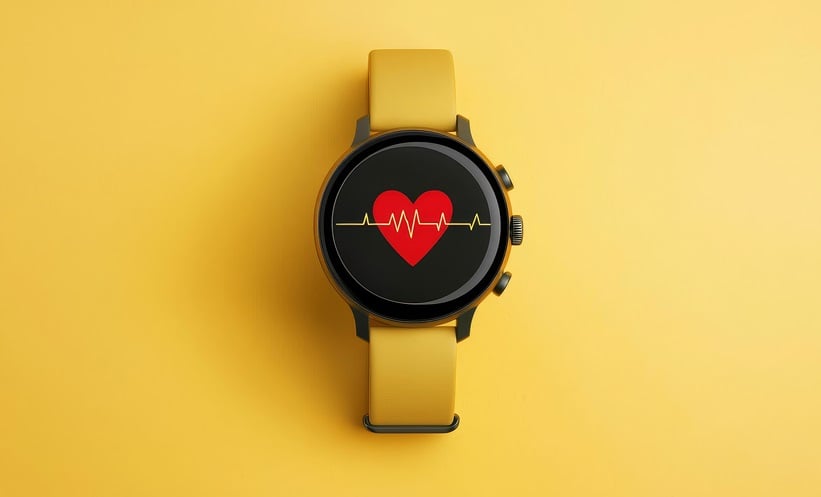WEARABLE devices like Apple Watches, Fitbits, and Oura Rings could revolutionise inflammatory bowel disease (IBD) management, according to a new study analysing their potential to monitor and predict disease activity.
The study utilised data from 309 participants across 36 USA states, combining self-reported daily disease activity surveys with wearable device data that capture heart rate (HR), resting heart rate (RHR), heart rate variability (HRV), step counts, and oxygen saturation (SpO2). Participants also provided standard clinical markers such as C-reactive protein, erythrocyte sedimentation rate, and faecal calprotectin. Researchers used mixed-effect models to analyse trends and the predictive ability of these metrics.
Results showed significant changes in wearable-collected metrics during and before IBD flares. Circadian patterns of HRV differed notably between flare and remission periods, while HR and RHR were higher during inflammatory and symptomatic flares. Step counts dropped during inflammatory flares, and HRV, HR, RHR, steps, and SpO2 were significantly altered up to 7 weeks before flare onset.
The study also demonstrated that HRV, HR, and RHR effectively distinguished whether participants experiencing symptoms had underlying inflammation, emphasising the value of these metrics in differentiating flare types.
These findings highlight the potential of wearable devices to complement traditional clinical markers in IBD management. By identifying physiological changes before flares, wearable tech offers clinicians and patients a non-invasive way to monitor disease activity and potentially adjust treatment strategies proactively. The authors suggest further research to refine these tools and integrate them into clinical workflows.
Ada Enesco, EMJ
Reference
Hirten RP et al. Physiological data collected from wearable devices identify and predict inflammatory bowel disease flares. Gastroenterology. 2025; DOI:10.1053/j.gastro.2024.12.024.








